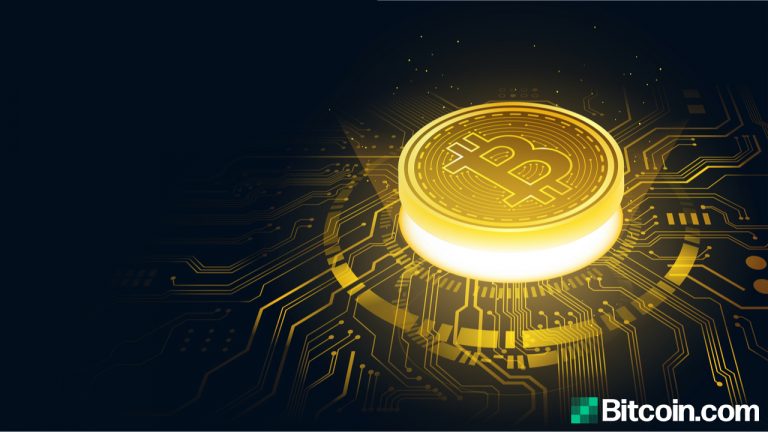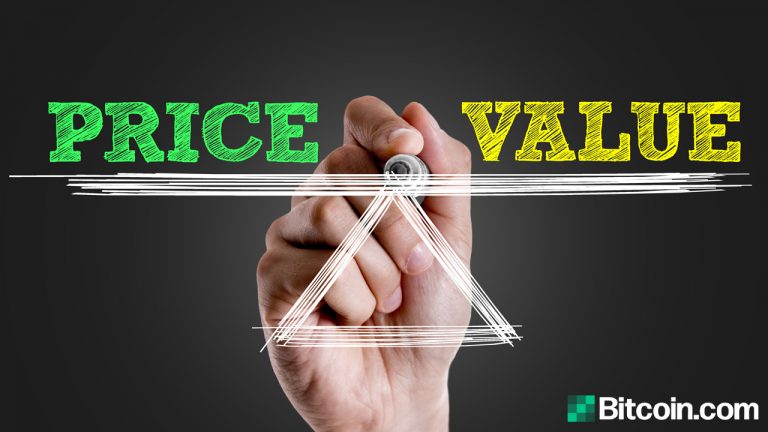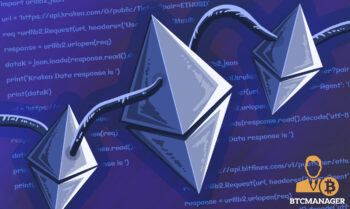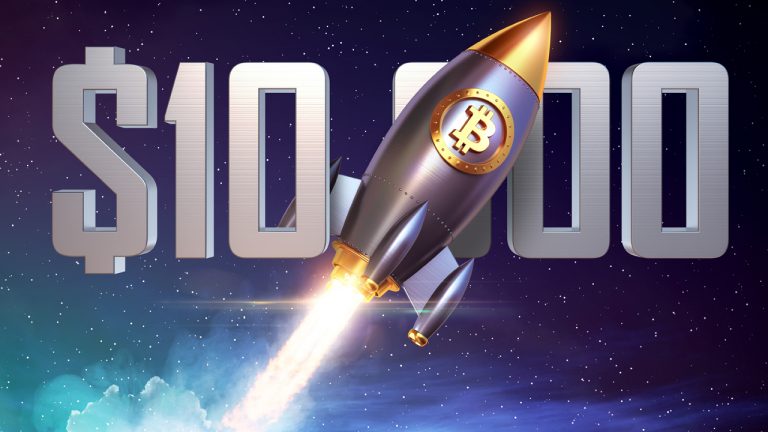2018-11-17 09:00 |
Decentralization is one of the most important features of the digital currency. The word decentralized can have different meanings, but we’ll take a look at what it means in the crypto world. First we need to know what is the centralized currency.
Centralized currency
By definition, centralization is “the concentration of control of an activity or organization under a single authority.” Essentially, if something is centralized, there’s a single point that does all of the work involved in any given action. In the world of centralized currency it means that is controlled by the nation’s central bank. Each fiat currency such as USD or EUR is controlled by the central bank. All the decisions on the currency, such as increase or decrease of the supply, rely upon their decision which is made in accordance with their goals. The fiat currency is represented physically in the form of paper bills, coins etc.
Depending on their current needs, the central bank can decide to print new money, pump it into economy by purchasing securities, which will decrease the value of the currency or reduce the supply of cash by selling T-bills and T-bonds. Basically, it means that the value of money depends on the decisions of the central bank.
Decentralized currency
By definition, decentralization is “the movement of departments of a large organization away from a single administrative center to other locations.” It means that if something is decentralized, there are multiple points that do the work.
A decentralized currency has no single entity deciding the aspects of the currency. Cryptocurrencies are great example of decentralization. They use decentralized control as opposed to centralized electronic money and central banking systems. The decentralized control of each cryptocurrency works through a blockchain, which is a public transaction database, functioning as a distributed ledger. Bitcoin (BTC), created in 2009, was the first decentralized cryptocurrency. Since then, a lot of other cryptocurrencies have been created. These are frequently called altcoins, as a blend of alternative coin.
Opposite to centralized currency, where central bank decides on the supply of money, decentralized currency, for example, Bitcoin, has total supply of twenty-one million bitcoin which are set to be released at a predictable rate. No more coins can ever be issued. No single institution is relied upon to create or distribute Bitcoin. Miners discover new coins, and are rewarded with the opportunity to spend them first. Unmined Bitcoins are accessible by anyone who commits the time and energy required to discover them.
Cryptocurrency is stored in an encrypted wallet and can be bought, held, sold or traded via peer-to-peer and/ or established cryptocurrency exchange services. Cryptocurrency’s value is determined by the normal supply-and-demand factors of the markets, without a central authority having influence over it.
Benefits of decentralized currencies
No third party. You are the master of your money. You can keep it in your wallet and use it as per your wishes. There is no third party involved like a bank on whom you need to trust. Low Fees. Transferring money via traditional banking system can be really expensive. Banks and credit card processing companies charge huge fees for their services. But with decentralized currencies, payments are borderless and cost a friction or nothing. Fast Settlements. Because there is no middle man or third party, settlements with cryptocurrencies are fast. Underlying blockchain technology removes delays, payment of fees and a host of other third party approval that might have been present. Due to the peer-to-peer nature of the networking the settlement is immediate and can be completed for a fraction of time and expense that it would have taken a traditional transfer. Anonymous. Some coins can help you stay anonymous but contrary to popular belief, not all of them can. Bitcoin is pseudonymous which means people won’t know exactly who you are on the blockchain but they can get some information from it. Highly secured. All your transactions will be secure as it is using NSA created cryptography. It is next to impossible for any person other than the owner of the wallet to make any payment from the wallet, unless they were hacked. Easy Access. Anyone can access cryptocurrency. You don’t need business account or withdrawal software. A mobile phone and internet is enough to get started. origin »Bitcoin price in Telegram @btc_price_every_hour
Universal Currency (UNIT) íà Currencies.ru
|
|


























